
Jan 16, 2025
The Impact of SuperDrecksKëscht Certification on Construction and Real Estate Projects in Luxembourg
The Impact of SuperDrecksKëscht Certification on Construction and Real Estate Projects in Luxembourg
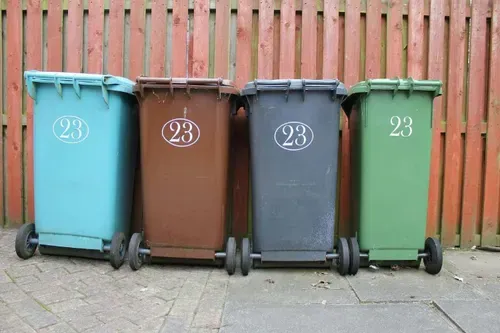
The Impact of SuperDrecksKëscht Certification on Construction and Real Estate Projects in Luxembourg
The Impact of SuperDrecksKëscht Certification on Construction and Real Estate Projects in Luxembourg
Why Talk About Sustainability in Construction in Luxembourg?
In Luxembourg, sustainability has become a cornerstone in the construction and real estate sectors. Increasing environmental and societal demands are pushing industry players to adopt responsible practices. In this context, SuperDrecksKëscht (SDK) plays a vital role by offering a recognized certification for ecological waste management. This certification not only reduces the environmental impact of construction sites but also enhances the value of real estate projects by meeting the growing expectations of investors and end-users.
This article explores the importance of SDK certification for construction and real estate projects and how effective project management can integrate this approach into current practices.
What is SuperDrecksKëscht?
SuperDrecksKëscht is a national initiative in Luxembourg aimed at promoting responsible waste management. By emphasizing sorting, recovery, and waste reduction at the source, this label ensures that certified companies meet the highest environmental standards.
Objectives of SDK:
- Encourage efficient waste management on construction sites.
- Promote a circular economy through material reuse and recycling.
- Reduce the ecological footprint of construction and real estate activities.
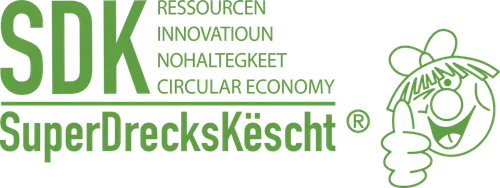
Benefits for Certified Companies:
- Achieve a recognized label valued by investors.
- Improve brand image and corporate social responsibility.
- Ensure compliance with Luxembourg’s environmental regulations.
The Importance of SDK Certification for Construction Projects
In a sector where environmental regulations are becoming increasingly stringent, SDK certification is a major asset for developers and project owners.
1. Better Waste Management on Construction Sites
- SDK-certified projects implement optimized sorting and collection systems, reducing waste disposal costs.
- They promote material recovery (reuse, recycling) instead of landfill or incineration.
2. Contribution to the Circular Economy
- By integrating source sorting practices, SDK encourages materials to re-enter the economic cycle.
- This reduces demand for natural resources while offering local economic opportunities (recycling, material resale).
3. Enhanced Attractiveness for Real Estate Projects
- SDK-certified projects are perceived as more responsible and environmentally friendly, a criterion increasingly important to investors and buyers.
- They benefit from increased valuation, particularly in the context of global environmental certifications (e.g., BREEAM, LEED).
Integrating SDK Certification into Your Projects with Effective Project Management
To achieve SDK certification, a structured and proactive approach is essential. Here’s how tailored project management can facilitate this process:
1. Raising Awareness Among Stakeholders
- Train construction teams on waste management and SDK requirements.
- Engage subcontractors and partners in a shared approach.
2. Implementing a Waste Management Strategy
- Identify expected waste streams on the construction site.
- Deploy collection and sorting points according to material categories.
- Plan rigorous monitoring to ensure compliance with SDK criteria.
3. Collaborating with Certified Partners
- Work with local SDK-certified companies for waste transport and treatment.
- Highlight local initiatives supporting the circular economy.
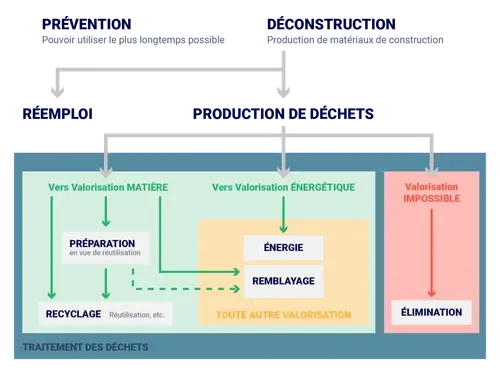
4. Documentation and Auditing
- Maintain complete traceability of waste streams (quantities, destinations, certificates).
- Prepare for audits and inspections required for label certification.
Benefits for Your Clients
As a project owner or developer, offering SDK-certified projects provides multiple advantages:
- Regulatory Compliance: Ensure your projects meet current and future environmental requirements.
- Cost Reduction: Optimized waste management can lower treatment costs.
- Project Valuation: A recognized label like SDK enhances the appeal of your project to investors and buyers.
- Social Commitment: Demonstrate a clear commitment to sustainability and environmental protection, a strong argument for communication.
The Future of Sustainable Construction in Luxembourg
SuperDrecksKëscht certification represents more than just a label: it is a commitment to a sustainable future in the construction and real estate sectors. By adopting project management that integrates this approach, you can not only meet environmental requirements but also position your projects as benchmarks for sustainability.
At The Pilgrim, we are committed to supporting our clients in the design and execution of responsible and innovative projects. Whether you want to achieve SDK certification or adopt a comprehensive sustainability approach, we are here to help transform your ambitions into reality.
Want to learn more? Contact us to discuss your projects and discover how we can help you achieve your environmental and economic goals.
More articles
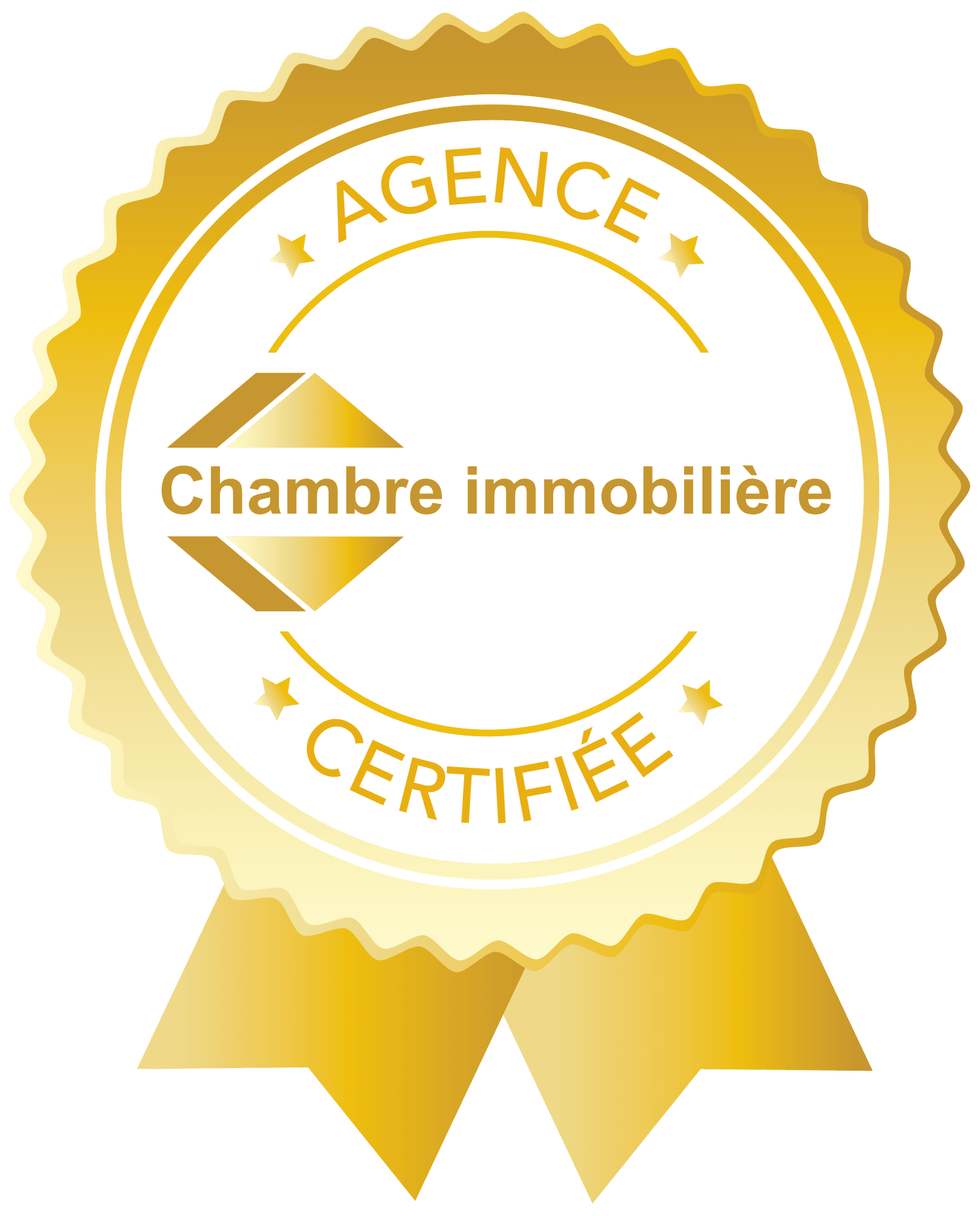
The Pilgrim carries out its real estate activity in partnership with KW Luxembourg, which is certified by the Luxembourg Real Estate Chamber
At The Pilgrim, we are proud to announce our official certification by the Luxembourg Chamber of Real Estate. This recognition reflects our ongoing commitment to providing top-quality real estate services that meet the highest industry standards.
May 6, 2025
Read more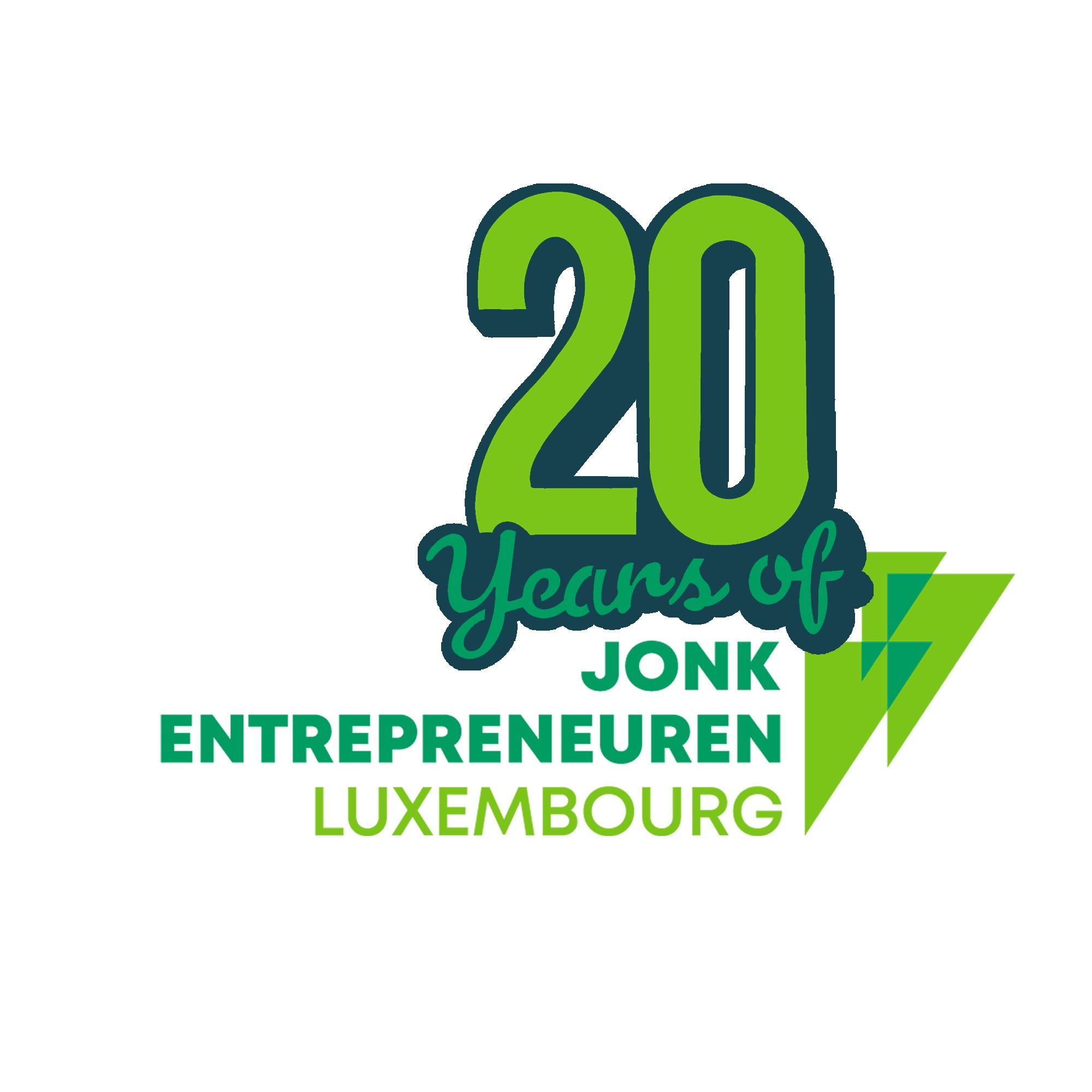
Job Shadow Day 2025 - The Pilgrim
On April 3rd, We had the pleasure of welcoming Patiana MENDES as part of the Job Shadow Day organised by Jonk Entrepreneuren Luxembourg.
Apr 7, 2025
Read more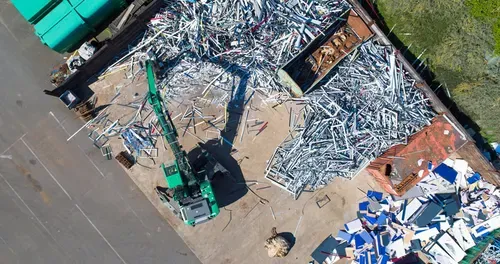
The Impact of SuperDrecksKëscht Certification on Construction and Real Estate Projects in Luxembourg
In Luxembourg, sustainability has become a cornerstone in the construction and real estate sectors. Increasing environmental and societal demands are pushing industry players to adopt responsible practices.
Jan 16, 2025
Read more